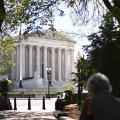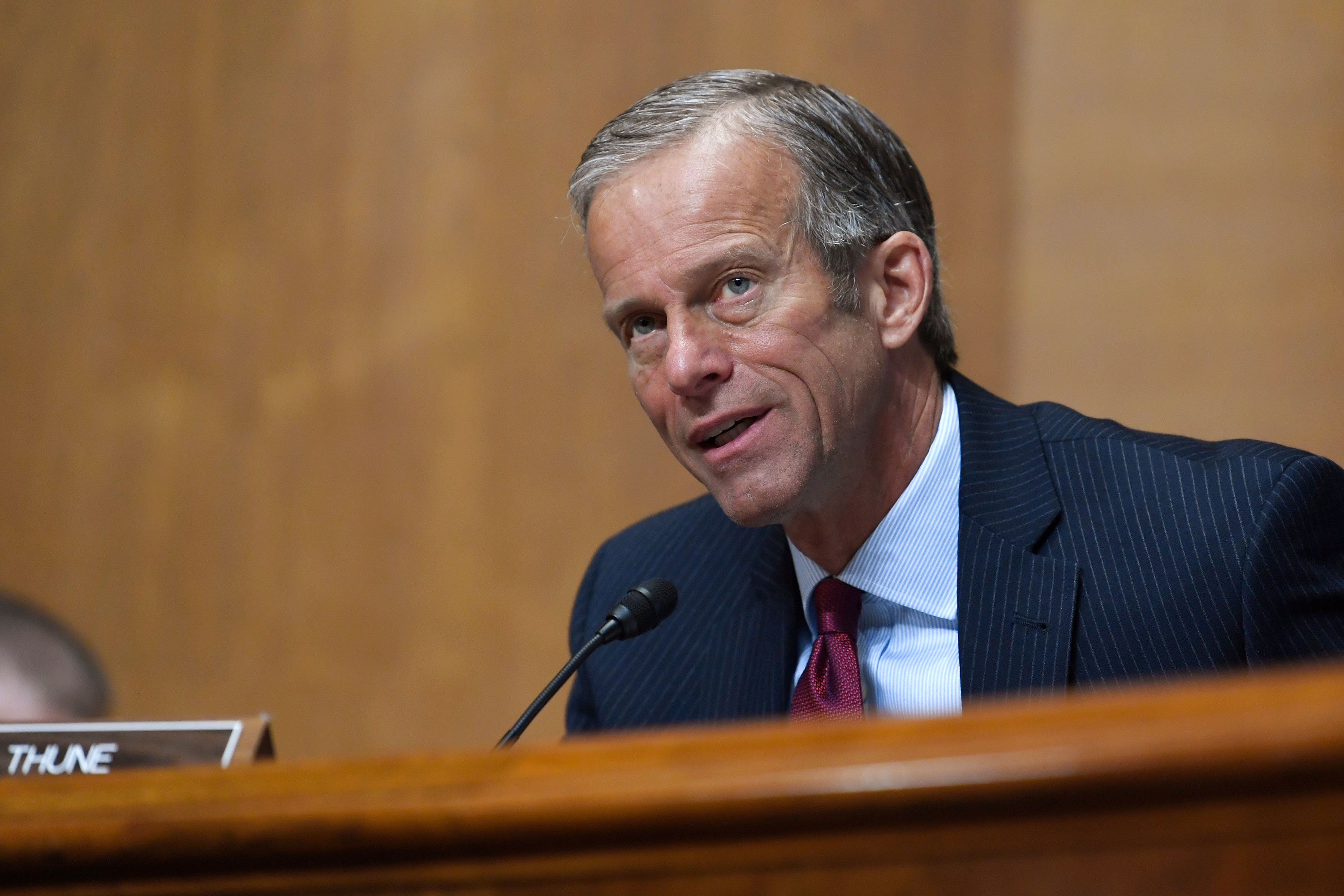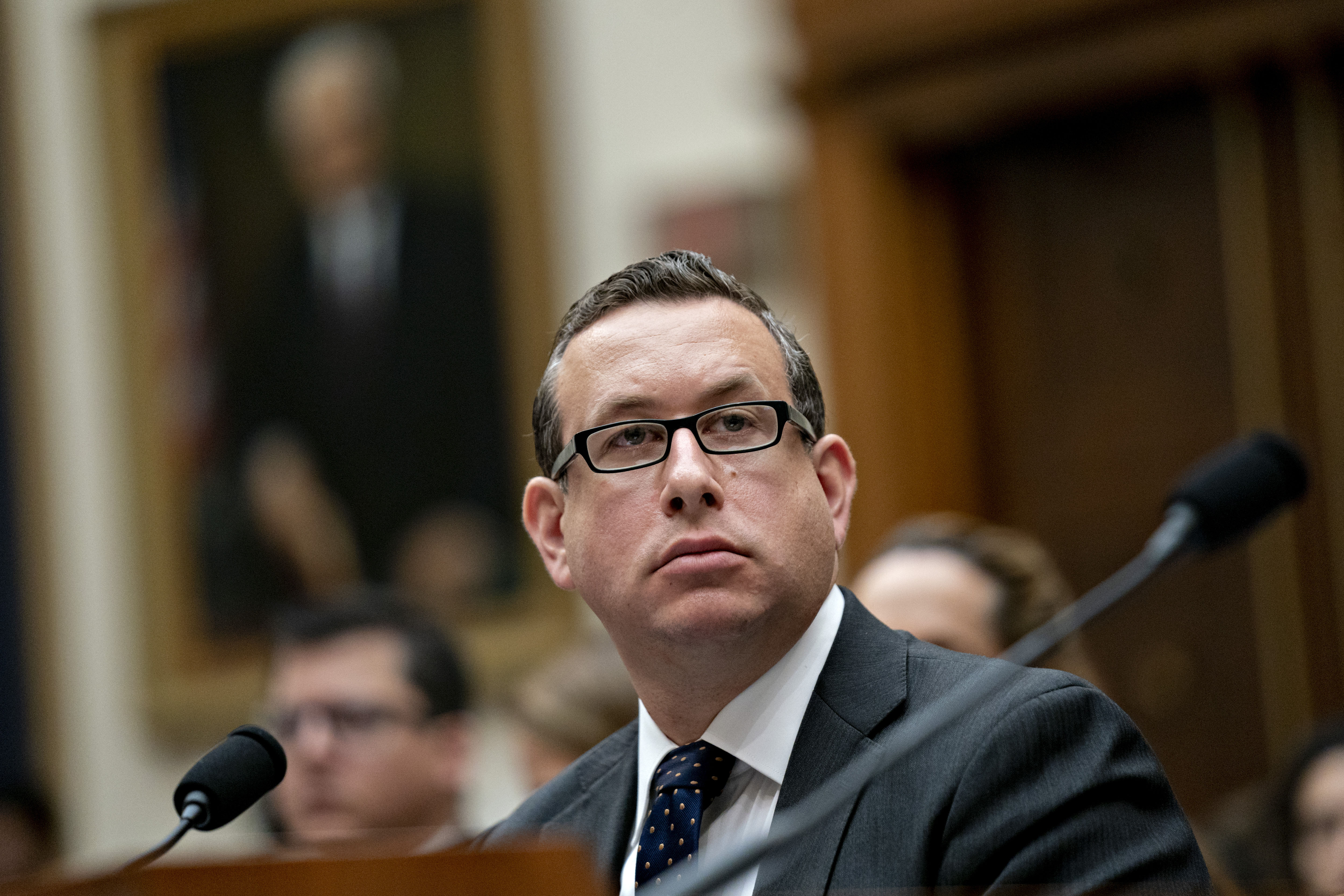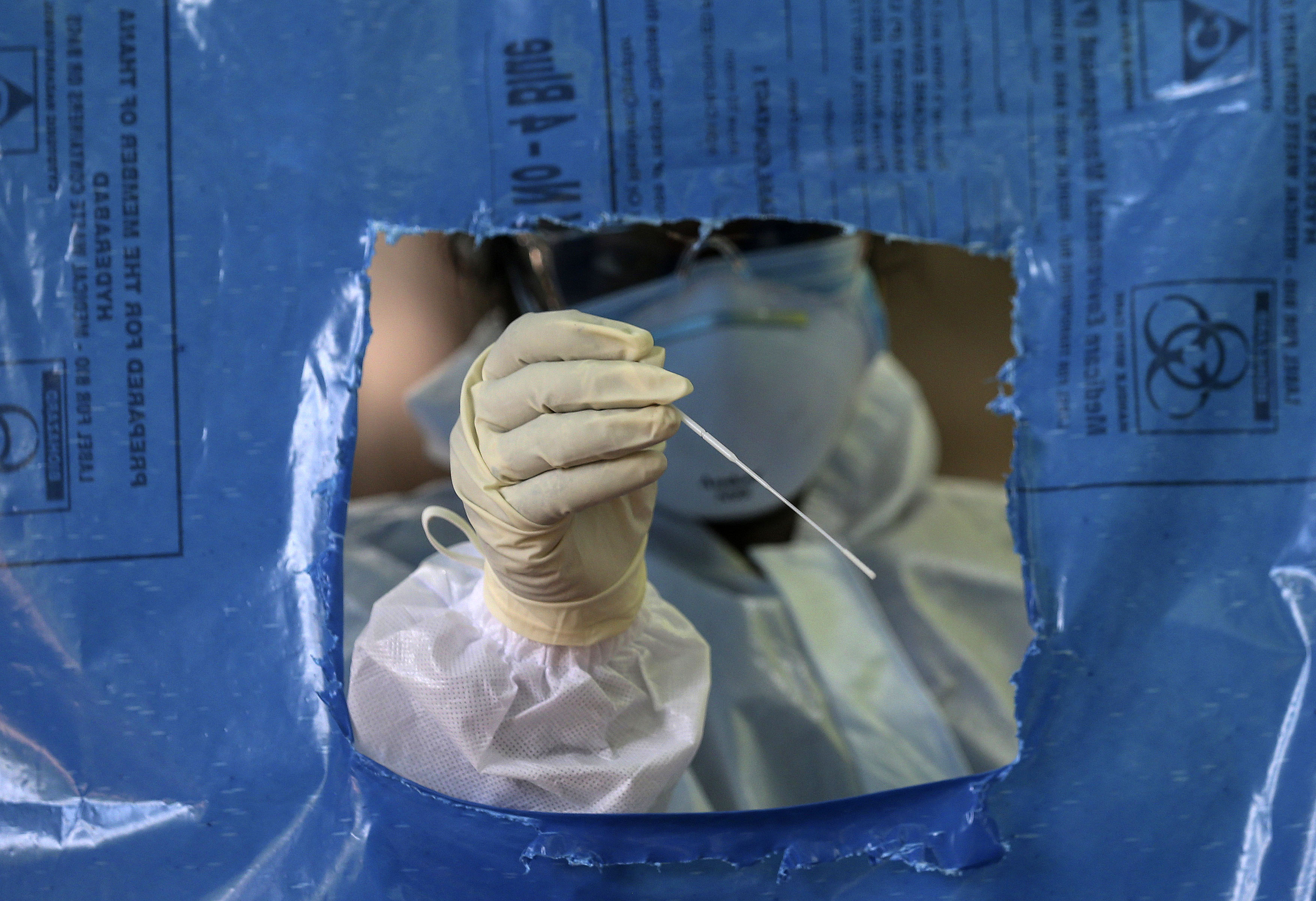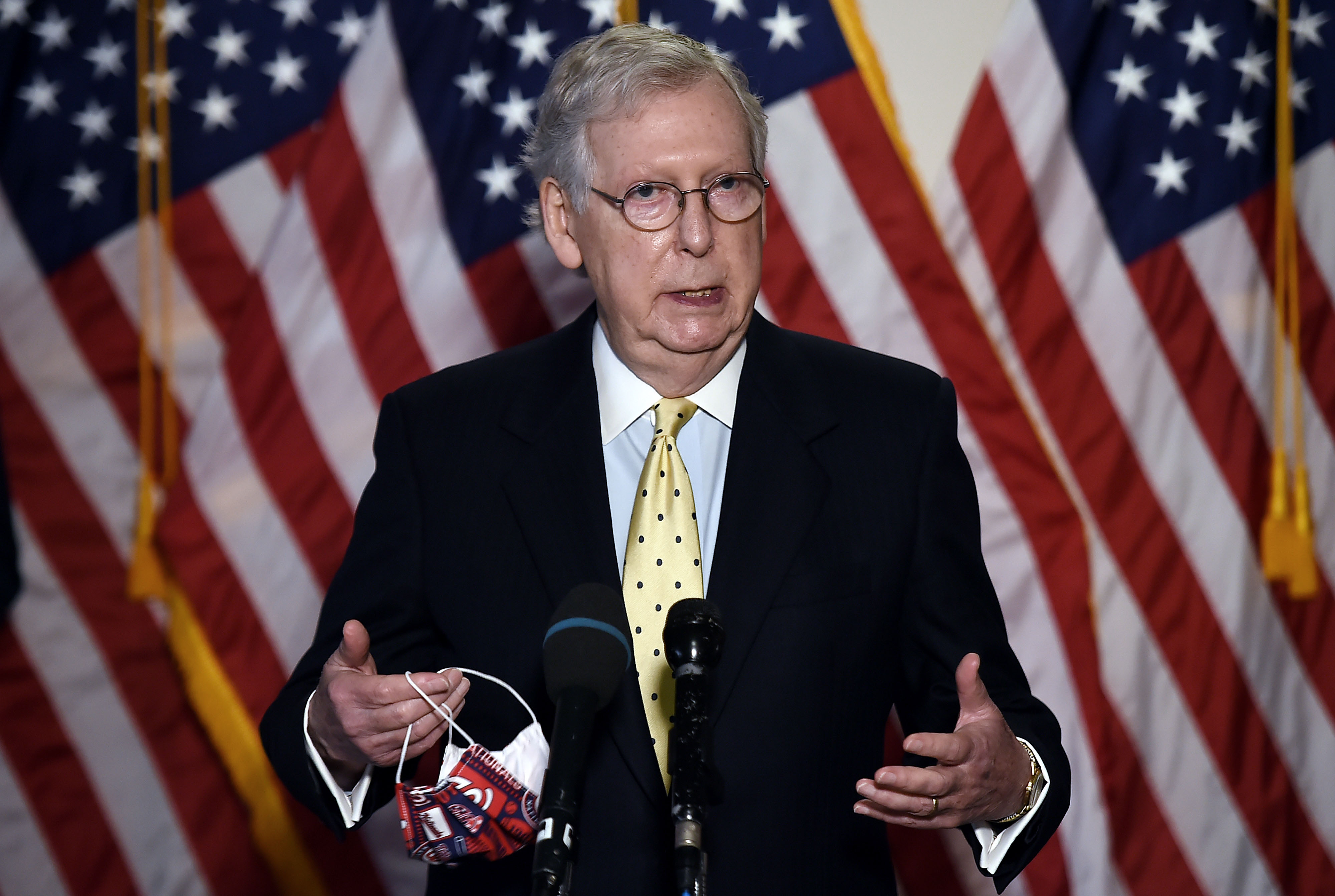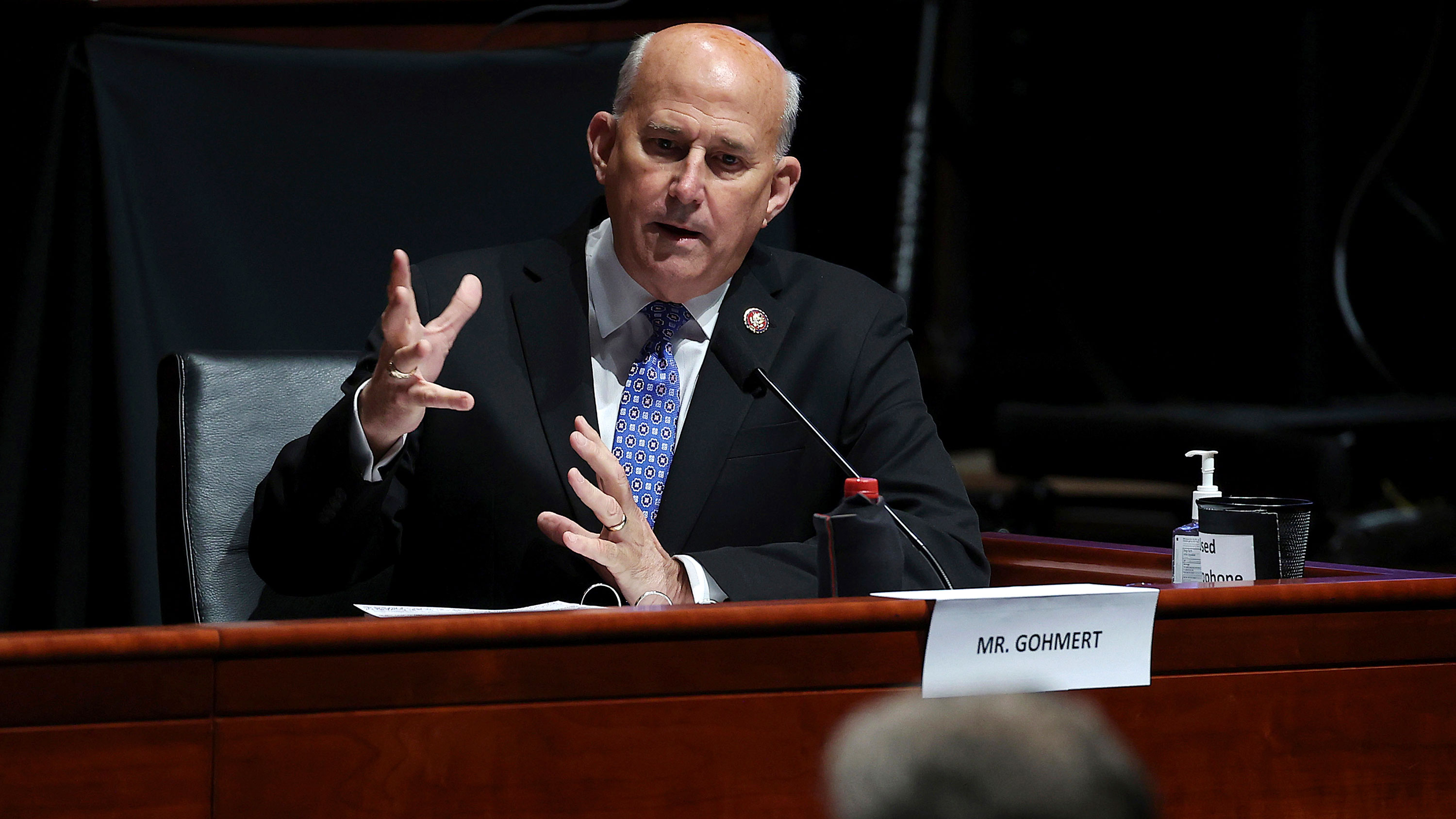
Rep. Louie Gohmert, a Texas Republican, has tested positive for coronavirus.
Gohmert has frequently refused to wear a mask while at the Capitol during the pandemic. He has spent ample time on the House floor during votes speaking to aides and lawmakers — without a mask or social distancing. His office did not respond to multiple requests for comment.
Gohmert had been scheduled to fly aboard Air Force One with President Trump to Midland, Texas, where he is fundraising and touring an oil rig. He tested positive for coronavirus on Wednesday morning during a pre-flight screening at the White House, a person familiar with the situation told CNN.
Because of the positive test, Gohmert is not traveling with the President.
A senior Republican aide told CNN the test results have caused issues on the Hill, with “a lot of staffers” ordered to get tests before they can go to meetings and resume activity. Some are sequestering in their offices until they can get tested. Gohmert’s office notified Republican leaders, who notified House medical staff and the protocol kicked in for further notification, the GOP aide said. Politico first reported the news.
Gohmert told CNN last month that he didn’t wear a mask because he had been tested and he didn’t yet have the virus. “But if I get it, you’ll never see me without a mask,” he said.
He is just one of several conservative Republicans who have pushed back on mask-wearing, sometimes causing tension during committee meetings.
During Tuesday’s hearing with Attorney General Bill Barr, House Judiciary Committee Chairman Jerry Nadler urged a handful of Republican members to keep their masks on.
“I would remind Mr. Jordan, Mr. Biggs and Mr. Johnson to stop violating the rules of the committee, to stop violating the safety of the members of the committee, to stop holding themselves out as not caring by refusing to wear their masks,” Nadler said, referring to Reps. Jim Jordan of Ohio, Andy Biggs of Arizona, and Mike Johnson of Louisiana.
“Is it permissible to drink a sip of coffee?” Johnson countered.
Gohmert was also present at the hearing. He was seen maskless outside the room near Barr at one point. The Justice Department told CNN Wednesday that Barr will get tested.
In another hearing Wednesday, Rep. Zoe Lofgren interjected to remind members who are physically present that they are required to wear a mask.
“He was a member who was unwilling to consistently wear a mask,” Lofgren said of Gohmert. “It’s a reminder that this is very serious and if you’re unwilling to wear a mask that covers your nose and your mouth, please do leave the room and we’ll arrange for you to participate remotely.”
Watch:


